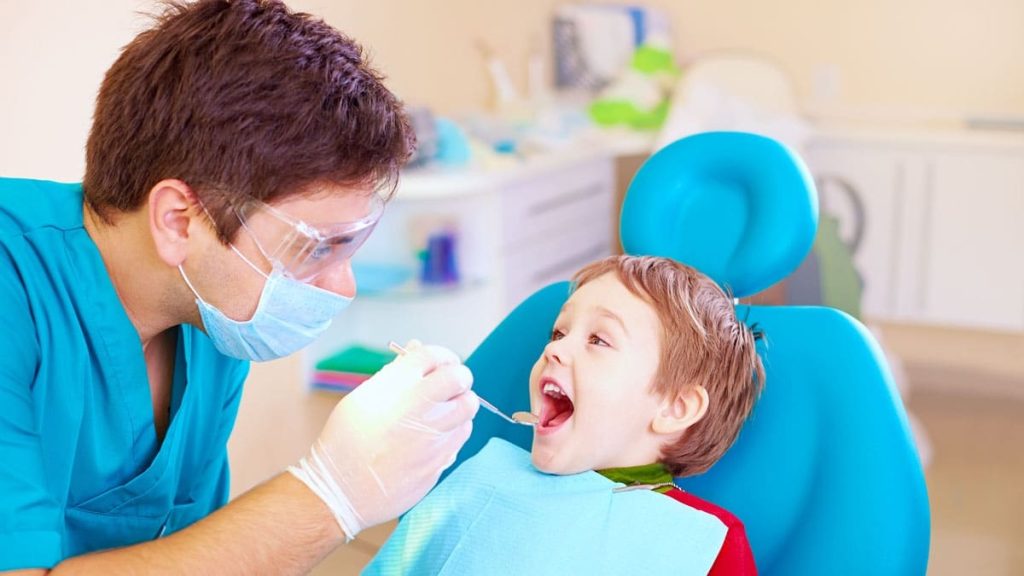Many public delay visiting the dentist just before pain or discomfort becomes too much. But when it meets expectations, your oral substance, early detection, and position are crucial for answering more serious questions. Neglecting indications can lead to disorientation that is harder—and more expensive—to treat. Knowing the warning signs can help you take convenient action and defend your smile.
Here are the ultimate important signs that you should schedule a dental appointment more quickly rather than later.
1. Persistent Toothache
A toothache is your body’s way of telling you something is wrong. If you have continuous or sharp pain, it keeps indicating:
- Tooth decay
- A swelling or infection
- Cracked or damaged paint
2. Inflamed, Bleeding gums
Irregular gum bleeding all along brushing or flossing may appear painless, but common bleeding or lumps can signal early-stage gum disease (gingivitis) or even advanced periodontitis. Left prepared, this can lead to:
- Gum recession
- Tooth flexibility
- Tooth loss
A dental cleansing and evaluation can stop the ailment from progressing.
3. Sensitivity to Hot or Cold
If you flinch when drinking hot espresso or eating frozen dessert, you might be experiencing tooth sensitivity. This may be caused by:
- Worn enamel
- Cavities
- Exposed tooth ancestries
- Gum disease
4. Bad Breath That Won’t Go Away
Persistent offensive breath, also known as offensive breath, may be more than a cosmetic issue. It could be a sign of:
- Gum disease
- Decay
- Infection
- Poor spoken hygiene or a dry opening
5. Loose or Shifting Teeth
Adult teeth never feel loose. If you notice any evolution, it could be on account of:
- Advanced gum sickness
- Bone loss
- Trauma or grinding
This is a weighty sign that requires immediate attention to avoid tooth misfortune and restore stability.
6. Sores or Lumps in the Mouth
Mouth ulcers or sores that don’t heal within two weeks may need further evaluation. This could indicate:
- Infection
- Irritation from dental machines
- In rare cases, spoken cancer
Early disease significantly improves treatment outcomes for some oral strength conditions.
7. Dry Mouth
A constantly dry opening can lead to difficulty talking, eating, and increased tooth decay. It may be precipitated by:
- Medication side effects
- Medical environments
- Salivary gland issues
Conclusion
Dental stuff, honestly, it’s one of those things people love to ignore until it bites back—literally. Trust me, catching problems early? Way less drama, less pain, and you won’t end up selling a kidney to pay for it. If any of those warning signs up there ring a bell, don’t play hero—just book that dentist visit already.
Seriously, being on top of your mouth game isn’t just about shiny teeth; it keeps your sanity intact, too. Why gamble with your smile or your peace of mind?


